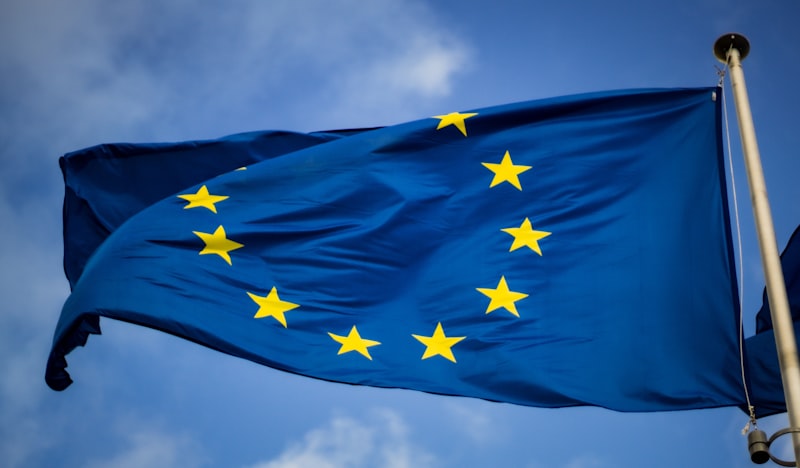European Union Introduces Ban on Anonymous Cryptocurrency Transactions Over €3,000
Brussels, March 23, 2024 – In a landmark decision aimed at tightening anti-money laundering (AML) measures, the European Union has enacted new legislation that prohibits anonymous cryptocurrency transactions exceeding €3,000 through self-custody wallets. This move is part of a broader initiative to regulate the digital currency space and combat financial

Brussels, March 23, 2024 – In a landmark decision aimed at tightening anti-money laundering (AML) measures, the European Union has enacted new legislation that prohibits anonymous cryptocurrency transactions exceeding €3,000 through self-custody wallets. This move is part of a broader initiative to regulate the digital currency space and combat financial crimes within the EU.
The legislation, which also includes stringent limits on cash transactions, marks a significant step in the EU's efforts to increase transparency and oversight in financial dealings. According to sources from Bitcoinist.com and CryptoDaily.co.uk, anonymous cash payments in commercial transactions will now be limited to amounts under €3,000, with a complete prohibition on cash payments over €10,000.
The ban extends to anonymous self-custody crypto wallets, which are operated and hosted by service users rather than by regulated financial institutions. This aspect of the legislation was highlighted by Coinlive.com and Patrick Breyer, a member of the European Parliament, who expressed opposition to the new AML laws.
Dr. Patrick Breyer, known for his advocacy of privacy rights, commented on the implications of these regulations, stating, "This legislation represents a significant encroachment on personal freedom and financial privacy. It assumes guilt rather than innocence and treats every citizen as a potential money launderer."
The EU's decision has sparked a debate on the balance between ensuring financial security and preserving individual liberties. Proponents argue that these measures are crucial for preventing illicit activities such as money laundering and terrorism financing. Critics, however, view it as an overreach by authorities into private financial affairs and a move towards financial paternalism.
Cryptonews.net and Bitcoinsistemi.com report that the ban specifically targets unidentified wallets, aiming to eliminate the anonymity that has been a hallmark of cryptocurrency transactions. This development is expected to have far-reaching consequences for the crypto industry, potentially affecting how digital currencies are used and stored within the EU.
The European Commission has defended the legislation as a necessary step to align the rapidly evolving digital currency market with existing financial regulations. An official statement from the Commission emphasized, "The adoption of these rules is a critical milestone in our fight against money laundering and terrorism financing. By bringing the crypto sector under the umbrella of regulated financial activities, we can ensure greater security for our financial system and protect the integrity of the internal market."
As the EU moves forward with implementing these new AML laws, the crypto community and financial institutions are closely watching the impact on digital currency operations and personal financial privacy. The balance between preventing financial crimes and upholding individual freedoms remains a contentious issue, with ongoing debates likely to shape the future of cryptocurrency regulation in Europe and beyond.
